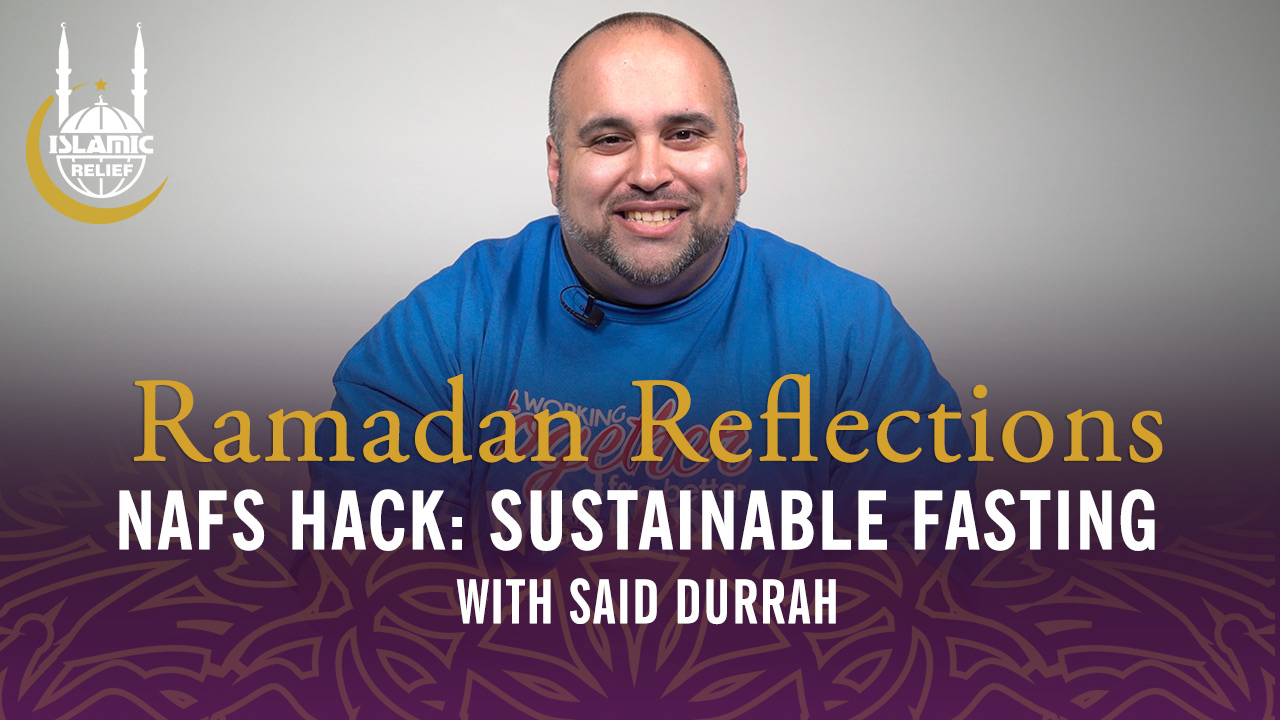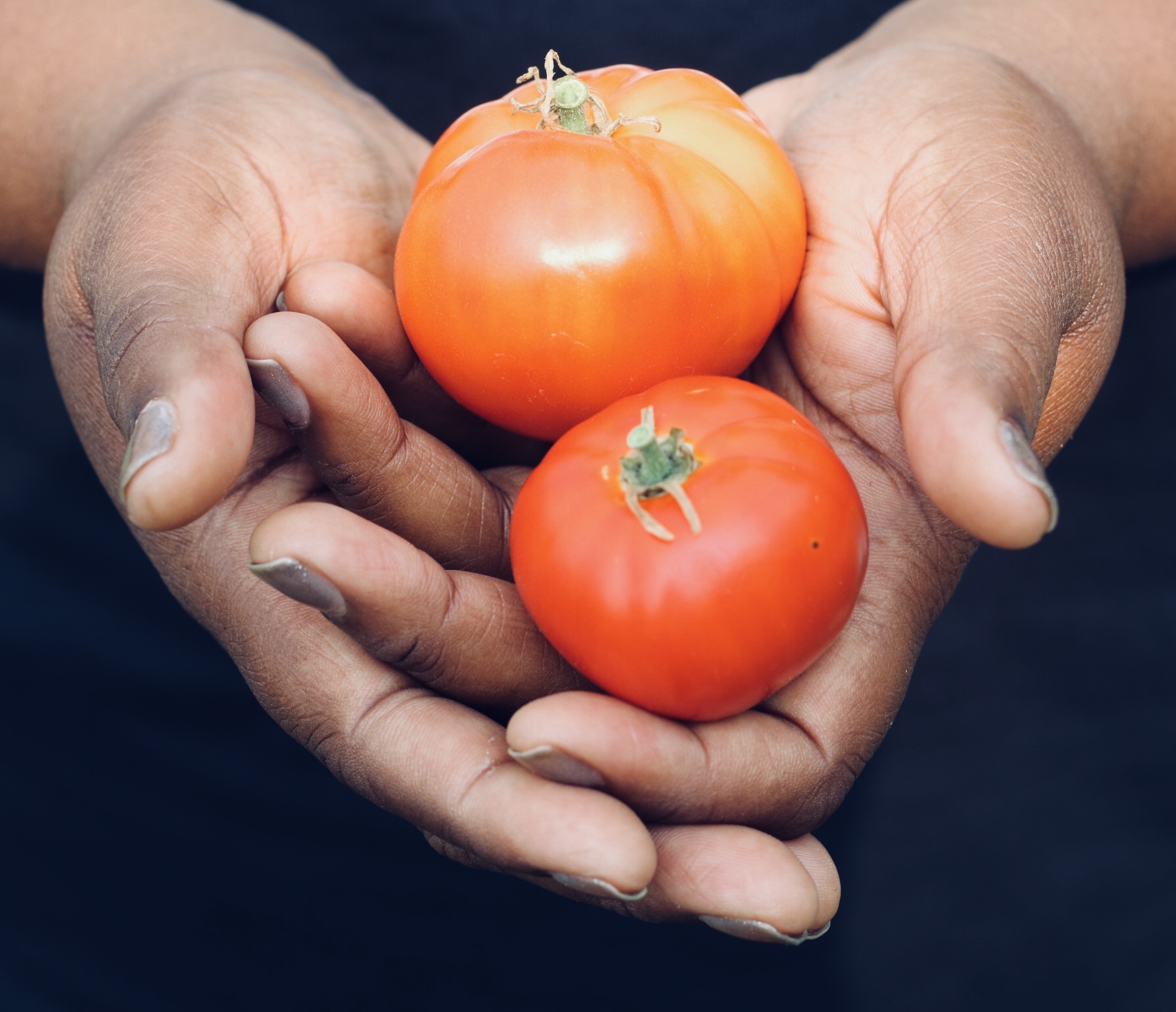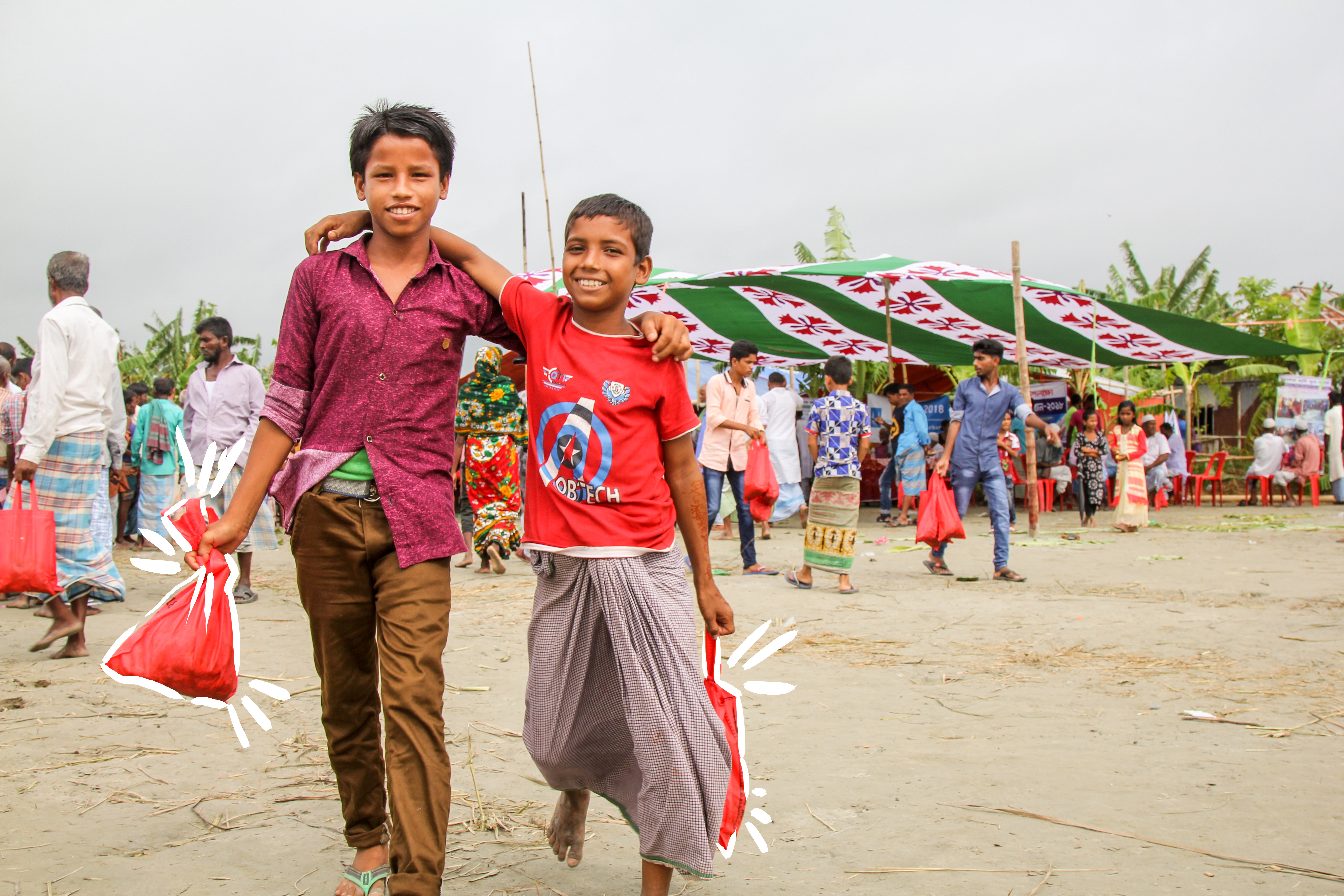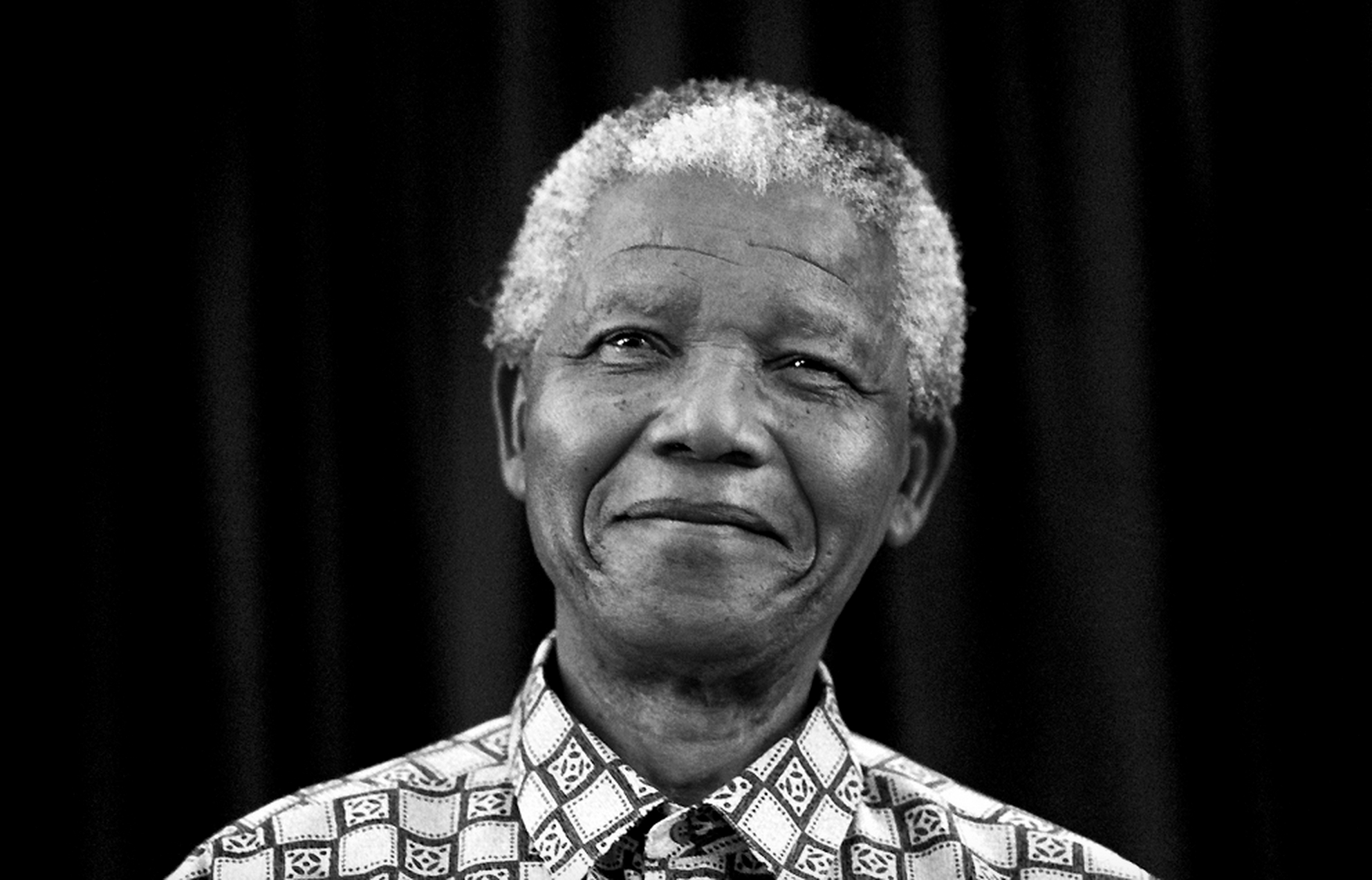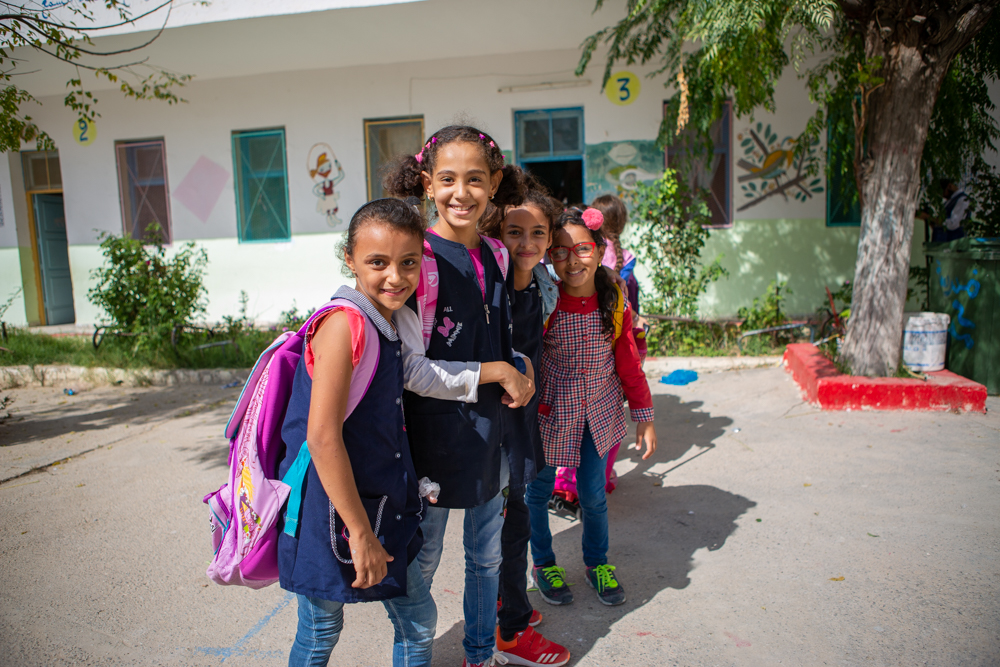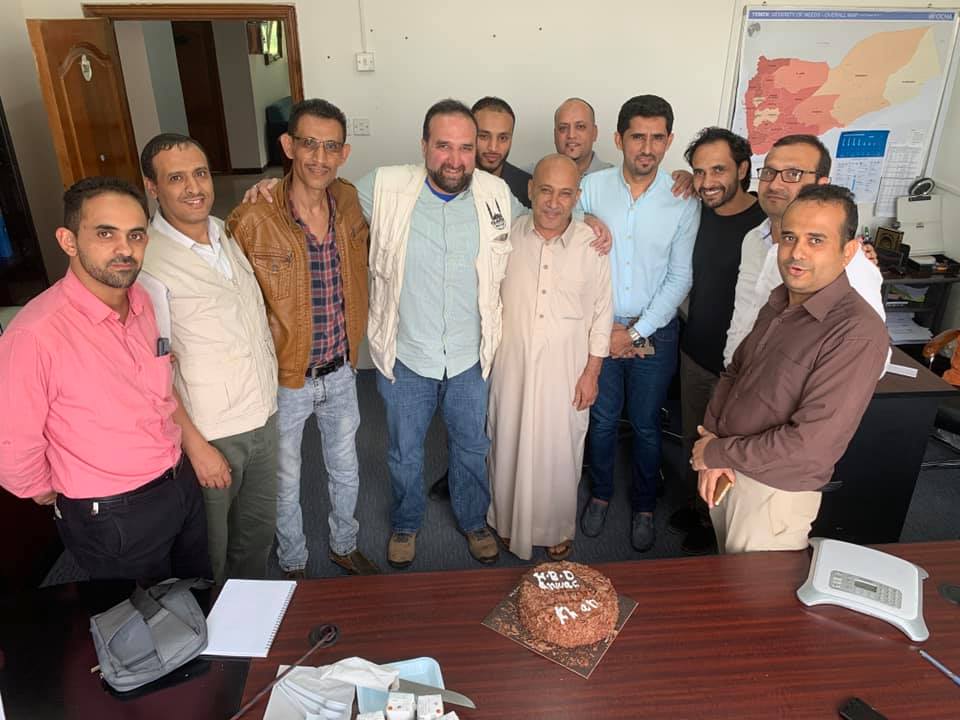-
What Will Happen to the Children?
by Christina Tobias-Nahi, Director of Public Affairs at IRUSA I have just come back from Jordan, Lebanon and Turkey with an inter-agency interfaith team tasked with looking at child protection and welfare issues of emerging concern in the region. Even though I have a background in early childhood education and vulnerable children’s issues – truly I was not prepared for what we saw. Our main takeaway was this: If there is no cessation of hostilities in Syria, the children around the region will continue to suffer like we have never seen before and the effects will be multi-generational. Not just for those fleeing Syria but for the children in the…
-
IRUSA Responds to Houston Floods
Islamic Relief USA’s Disaster Response Team Manager Hani Hamwi describes his experience delivering aid in the aftermath of the Houston floods. Losing a home is more than just losing shelter and a roof over your head; it’s losing all the little things that make that structure a home. Children lose their toys, school books, and stuffed animals. They watch their parents and caretakers struggle to find a way to stay safe. The most affected are those living in apartment complexes, most of the time with government assistance. They have nowhere to go. Immediately after a disaster, these shelters are crucial. But the experience of living in one can have extremely…
-
Dear Aleppo…
IRUSA’s Mayssoun Olabi is from Aleppo, Syria. In the aftermath of the recent attacks, she shares a reflection. Today I woke up with a heavy heart. My usual, happy disposition was muted by images that played over in my head, and sounds that echoed off the walls of my heart. My whole body ached. And though I was deeply upset, I needed to show the world that everything was okay. I needed to show my children. I needed to show myself. Forcing a smile on my face, I went about the morning as usual: Wake up, kids! Brush-your-teeth-comb-your-hair-get-ready-for-school. Eat your breakfast. I smiled as my 7-year-old daughter, Mariam, asked me…
-
70% of the World Is Water — But So Often, There’s Not a Drop to Drink
When you think of places where girls have to walk for hours to carry back water, you might tend to think of hot, dry regions of Africa. But water shortages can happen anywhere in the world—from remote villages in Albania to cities right here in the United States. Schoolchildren learn that water covers 70% of the planet—it sounds so plentiful. But the fresh water we drink and use in our homes and on our farms only makes up 3% of the world’s water. And most of that is unavailable—locked up in frozen glaciers or otherwise inaccessible. So providing clean water is more difficult than it might sound at first glance.…
-
My People of Syria — I’ll Keep Sharing Your Stories
For five years I have watched my people lose their homes and lives to war. For five years I have watched as they scattered around the world in search for safety. From country to country, refugee camp to refugee camp, year after year. For five years, in six different countries and in dozens of camps, I have witnessed first-hand the effects of war and conflict on the people from the same nation my mother, grandmother and her mother were born in—Syria. I’ve seen my fellow Syrians in Lebanon, living in makeshift homes wherever they could find, a masjid construction site, a building boiler room and a leather factory near the…
-
Just a Day at the Masjid With Obama
This is the story of how Naeem Muhammad, IRUSA Community Outreach Manager, didn’t quite get to emcee for President Obama, but had an amazing day at an historic event in his home city of Baltimore. Story as told to IRUSA writer Lina Hashem. I got the call on Tuesday, early morning. A good friend from Baltimore called me and asked, “Where are you?” My friends know I travel a lot for Native Deen or for relief work. I said, “I’m home, I just got back from Flint, and I’m going to the office.” He said, “They’re looking for you — they want you to emcee the event tomorrow. The White…
-
From Earthquake Shaken Pakistan: “As the winter weather looms, every bit helps.”
We started the morning early and traveled up a nearby mountain in a small jeep. Only one car can pass at a time. The earthquake broke off parts of the road, and landslides are a constant hazard.
-
Nepal Earthquake: Working Together Six Months On
Islamic Relief has been working in Nepal since double earthquakes tested villagers there six months ago, and as a winter warning has been issued for Nepal’s earthquake survivors, Islamic Relief teams are pushing resiliency efforts on the ground. When the earthquake struck Nepal on April 25, millions of people were affected. Pictures showed remote villages completely leveled to rubble. The full impact of the earthquake, which measured 7.9 on the Richter scale, was not known until weeks later as officials and aid workers struggling to reach remote areas. The earthquake took the lives of nearly 9,000 people, and more than 22,000 more were injured. 8 million people were affected and…
-
Meet One Of The Most Persecuted People On Earth
Bilal Aslam is programs officer at Islamic Relief USA. He traveled to Indonesia to meet refugees who are stuck in the middle of their planned journeys out of Malaysia. This is the remarkable story of one young man. A minority group in Myanmar have long endured the trauma of not knowing where they’ll live, and not knowing where they’ll find acceptance. It’s a homelessness that has deeply affected their community. Many are deeply tormented by it. To escape the persecution and to search for a better life, many boarded ships with hopes to reach Malaysia or Australia. Many pay more than $1,000 to purchase tickets for the journey. When they arrive to board the…
-
When Smugglers Abandon Refugee Boats At Sea
Abdullah Shawky is an Islamic Relief USA Disaster Response Team Member. This is part of the emergency story series from Greece. Salam All, I wanted to share with you all a story of a terrible tragedy that occurred the day before yesterday. Due to Internet connectivity issues, I am only able to send this message today. Today was the most difficult for all of us in the harbor. At around 1pm, we received the first batch of survivors from a terrible accident. Some were injured with cuts and bruises, but others suffered far worse… A makeshift wooden boat (we are now seeing more and more of these show up) was…

